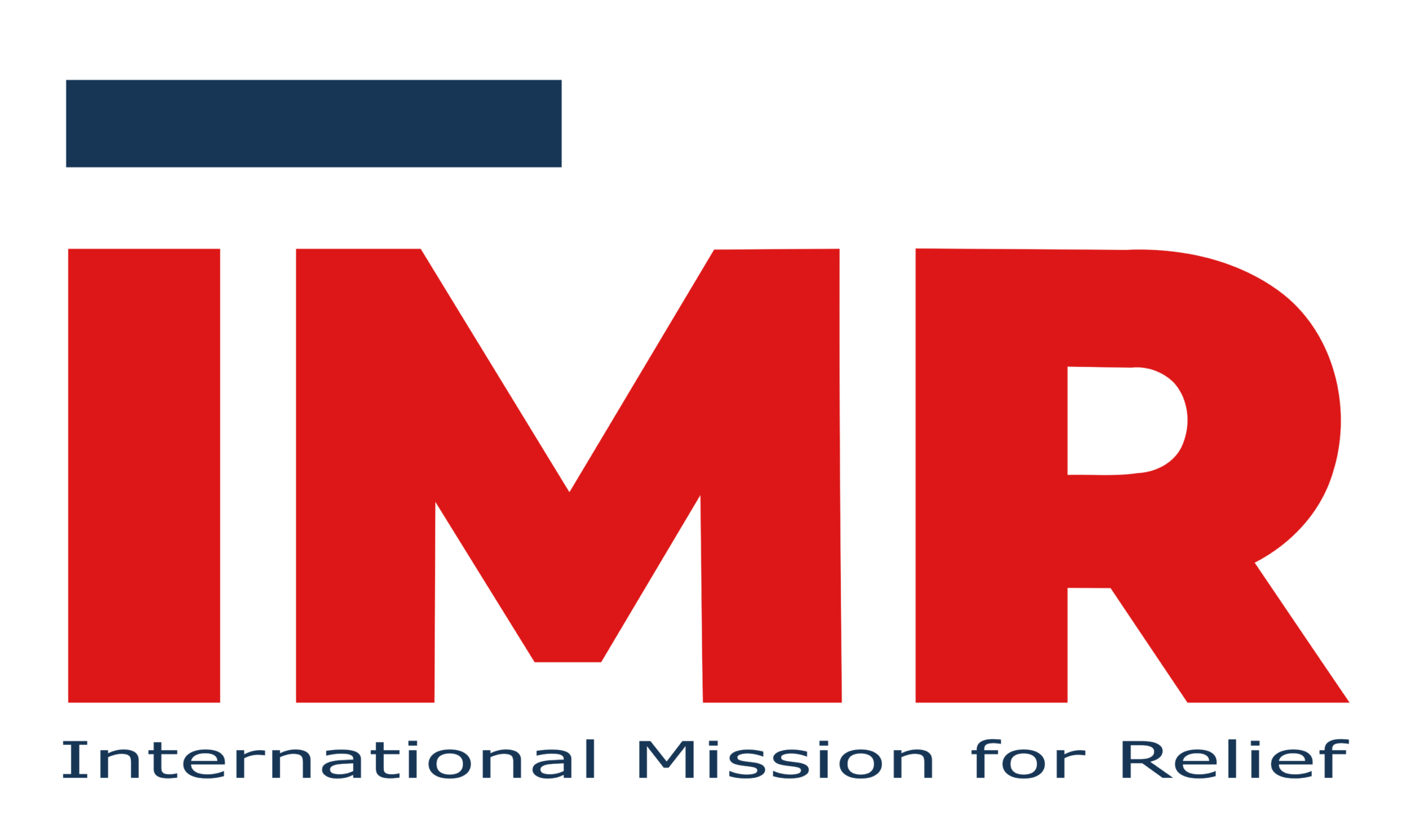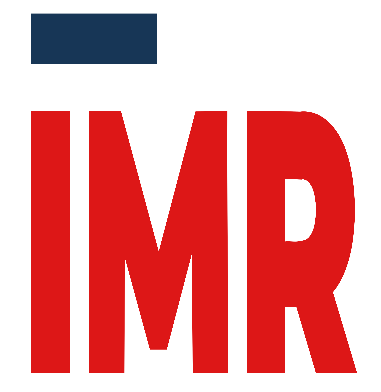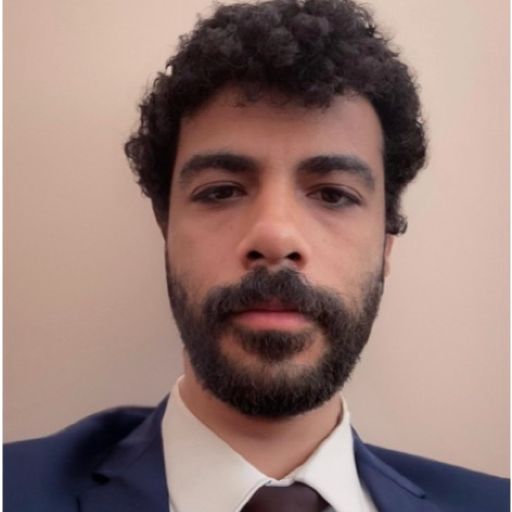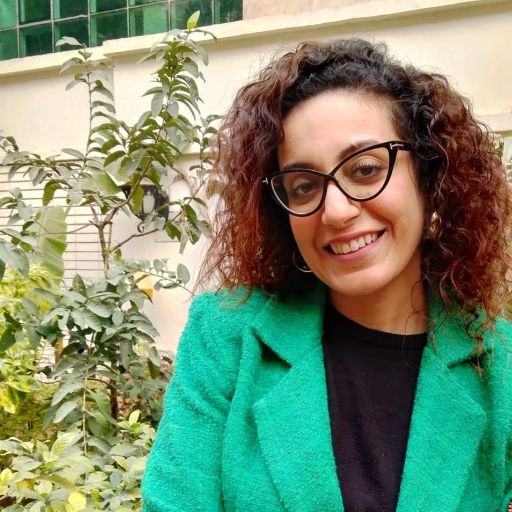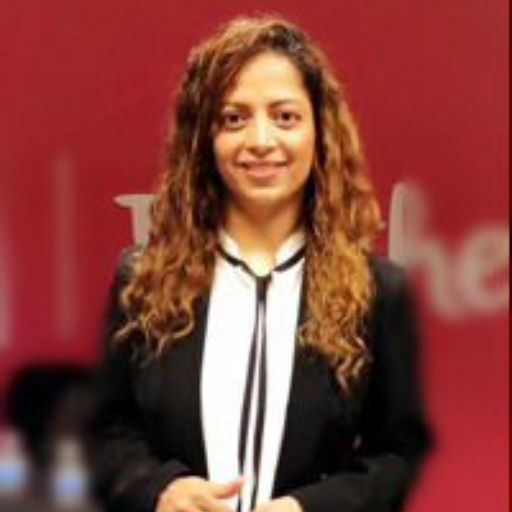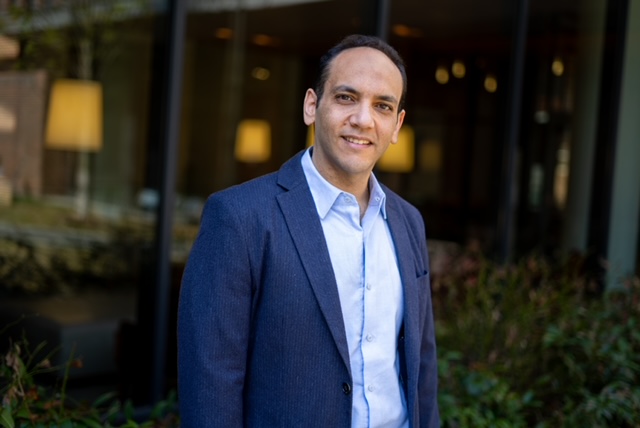ZAKAT
Zakat (almsgiving) is a core pillar of the Islamic faith. It is a concept that has its roots in “purification” or “growth.”
If you meet the nisab and you pay zakat al mal through IMRelief, we are able to fulfill our commitment to leave no one behind, by providing emergency food aid, shelter, healthcare, sustainable livelihood support, and much more!
FITRANA/ZAKAT AL-FITR
What is Eid Fitrana or Zakat al-Fitr?
Zakat al-Fitr (or Fitrana) is charitable donation that must be given before the Eid al-Fitr prayer. Therefore, it must be given before the end of the month of Ramadan. It is compulsory for every Muslim who possesses one saa’ of food which is not needed as a basic necessity for themselves or their family for the duration of one day and night.
One saa’ is the volume of measurement equivalent to four scoops with two hands together, for a staple food such as rice or bread flour. In modern weights, this is equivalent to approximately three kilograms.
When should Zakat al-Fitr (Fitrana) be paid?
Fitrana is due upon the sunset of the last day of Ramadan, although it can be given a day or two early. Traditionally, giving Fitrana starts on the 28th of Ramadan, and the Hanafi and Shafie schools also allow it to be given before the 27th of Ramadan.
The latest Fitrana can be paid is before the Eid prayer begins so that those in need can benefit from it during Eid. If it is paid after Eid prayer, it will be treated as Sadaqqah and the reward will be lesser.
How much is Zakat al-Fitr (Fitrana)?
Fitrana is equivalent to one saa’ of food.
One saa’ is the volume of measurement equivalent to four scoops with two hands together, for a staple food such as rice or bread flour. In modern weights, this is equivalent to approximately three kilograms. Assessed in monetary value, it is approximately $15-18 for the year 1446H-2025.
Who should pay Fitrana?
Every member of a household, male and female, including children and babies, must pay Fitrana. Usually, parents or guardians pay on behalf of their children or dependents.
Who is eligible to receive Fitrana?
The majority of scholars hold the opinion that only the first two categories of the recipients of Zakat can receive Fitrana, i.e. the poor and needy.
Can Fitrana be paid in cash? How come IMRelief collects it?
Fitrana cannot be given to the recipients in cash. This is to make a distinction between it and regular Zakat.
However, it is possible to provide the amount in currency to an agent who is better placed to facilitate the distribution of food items on your behalf. In this case, IMRelief acts as your agent as it has better access to people in need, and we deliver the food items, not cash.
ZAKAT
Zakat is one of the Five Pillars of Islam and is considered a fundamental religious obligation for Muslims. It is a form of almsgiving or charitable giving that holds great significance in Islamic teachings. Its root word in Arabic term means “purification” or “growth.” In the Islamic context, it refers to the purification of a person’s wealth and assets through the act of giving to those in need.
Zakat is mandatory for every sane, adult Muslim who owns wealth over a certain amount–known as the nisab. Zakat to be paid is 2.5% of that wealth.
NISAB
Nisab is the minimum amount of wealth a Muslim must possess before being obligated to pay Zakat.
It is calculated based on the value of either gold or silver. The Nisab threshold is set at the monetary equivalent of 87.48 grams (20 Mithqal) of gold or 612.36 grams (200 Dirhams) of silver.
In the Hanafi madhab, the value of silver is used to ascertain the nisab threshold and eligibility to pay Zakat. The other madhabs use the value of gold.
We appreciate any choice you make between the two options. If your goal is to maximize your charitable efforts and support a larger number of deserving Zakat recipients, we recommend selecting the silver threshold.
HOW IMRelief SPENDS YOUR ZAKAT
Zakat is a commitment that we must honor to help those in need. You can entrust IMRelief with your Zakat to provide them the following:
- Food aid
- Access to healthcare
- Sustainable livelihood opportunities
- Refugee aid including emergency shelter
- Orphan and vulnerable child protection
ZAKAT BENEFICIARIES
It is generally accepted among scholars that the poor and needy are the most important categories of people to receive Zakat. Given that, it is acceptable to give your entire Zakat allotment to individuals who are in those groups.
While many prefer to give Zakat al-Mal during Ramadan, the option to give is always open. However, when it comes to Zakat al-Fitr, it should be given before Eid prayer.
